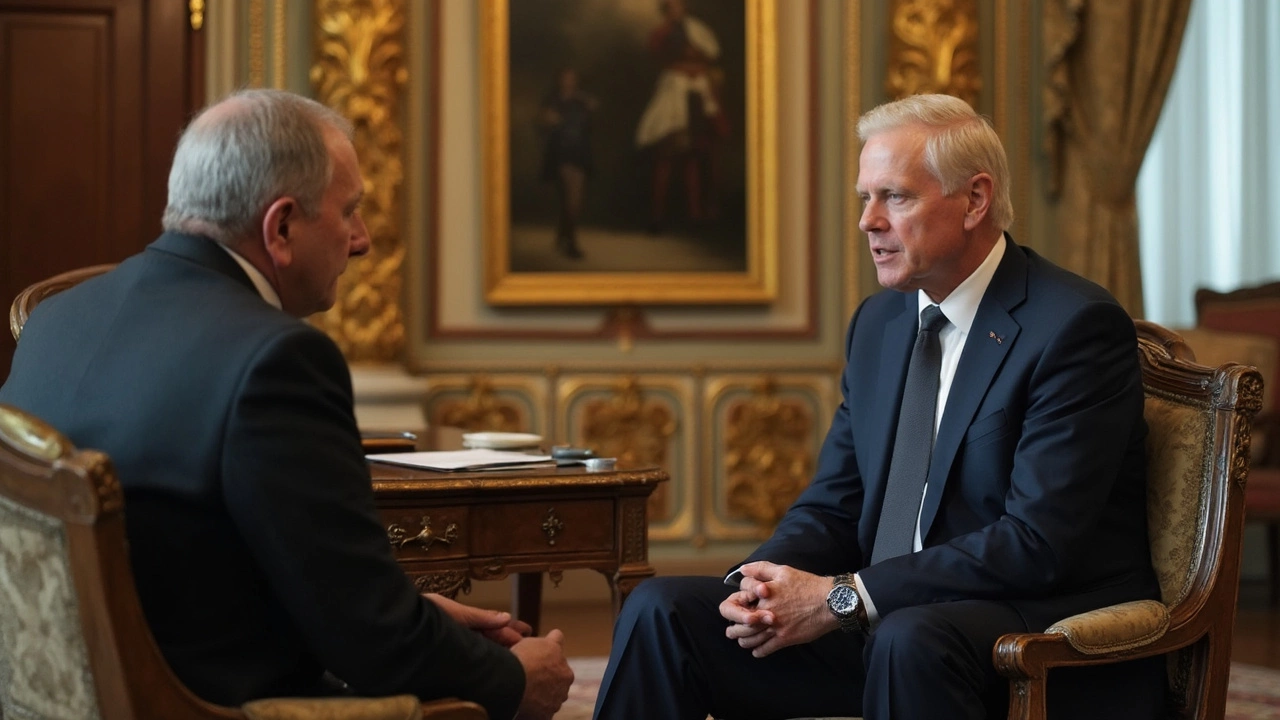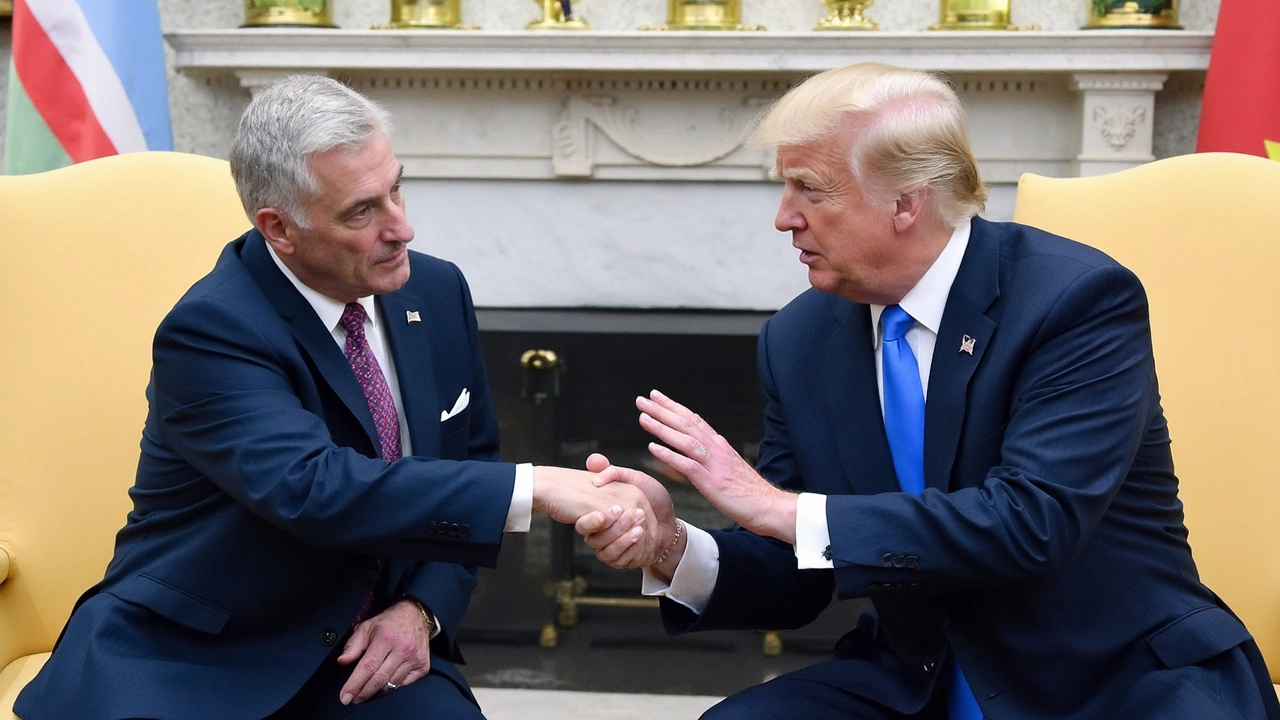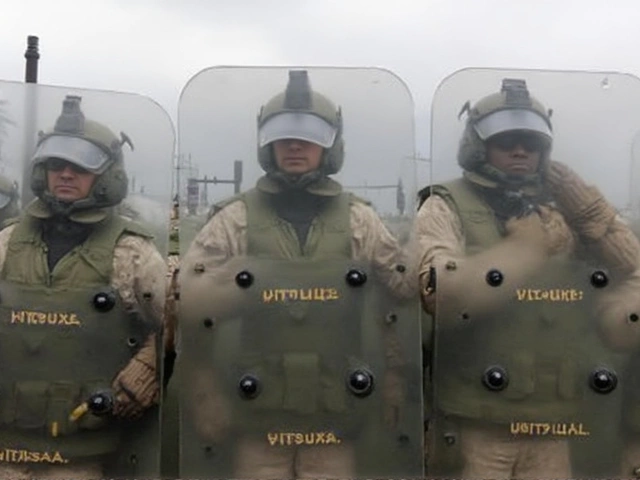Jordan Faces Pressure Over Gaza Resettlement
The political landscape was charged when President Donald Trump met with Jordan's King Abdullah II at the White House on February 11, 2025. Trump was there to promote a controversial resettlement plan aimed at moving Palestinians from Gaza into neighboring countries, a proposal sparking widespread unease. His vision depicted a transformed Gaza, under U.S. oversight, turning it into what he imagined as 'the Riviera of the Middle East.' The catch? Nearly 2 million Palestinians would have to be permanently relocated. King Abdullah, leading a country already overwhelmed with over 2 million Palestinian refugees, clearly rebuffed the idea.
Ayman Safadi, Jordan's Foreign Minister, echoed Abdullah's sentiments, stressing that Jordan's opposition was unwavering. The country's primary concerns revolve around its societal stability and commitment to Palestinian rights. Trump's strategy included hinting at the withholding of U.S. aid to nudge Jordan and Egypt towards agreement, though he softened his approach after dialogue with King Abdullah. Their talk ended with Trump showing a reserved optimism, particularly after Abdullah signaled a narrow window of cooperation, albeit largely symbolic, involving the allowance of 2,000 sick children.

Regional Tensions Escalate
The summit took place against a backdrop of simmering tensions in Gaza. The fragile ceasefire between Israel and Hamas stood on shaky ground amid mutual allegations of breaches. Adding to the regional strain, Trump threw down an ultimatum, demanding the release of hostages by February 16, 2025, shrouding the threat in unspecified consequences. The president's initial portrayal of the resettlement as 'temporary' was later clarified as permanent, stripping Palestinians of a 'right of return,' which critics argue could significantly derail any hope for a two-state solution.
In Jordan, fears abound that accepting more refugees may stir domestic unrest and threaten the kingdom's stability, challenging an already delicate equilibrium. The situation opens an avenue for broader regional implications, should tensions in Gaza boil over or should more countries face pressure to comply with Trump's resettlement aspirations. As the dust settles from this high-stakes meeting, the world watches closely, aware that decisions made here could reverberate far beyond the Middle East.





